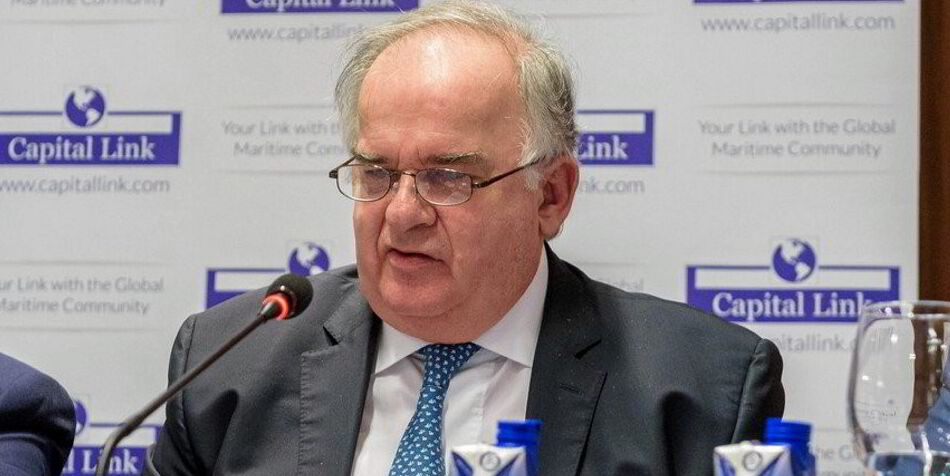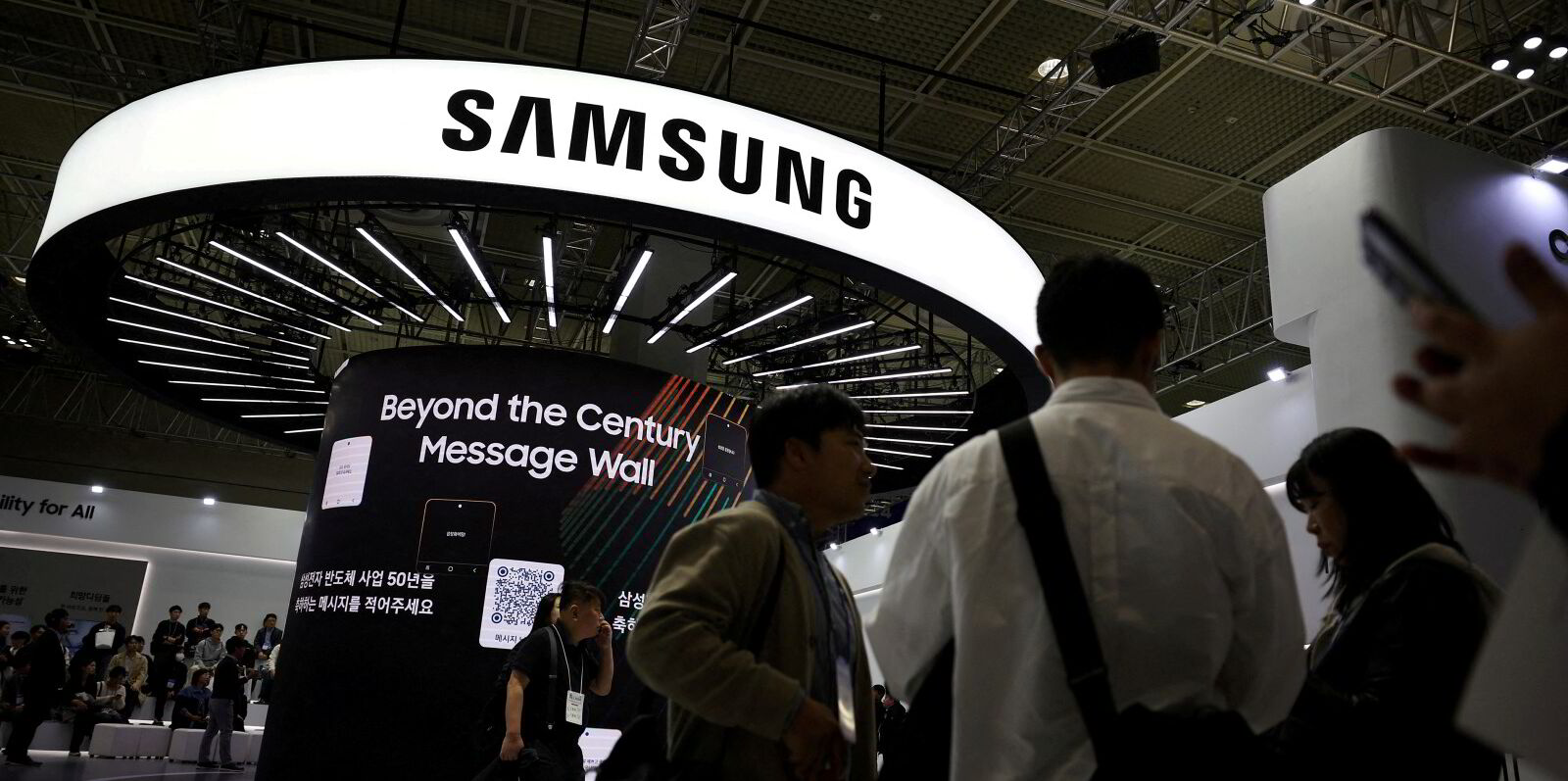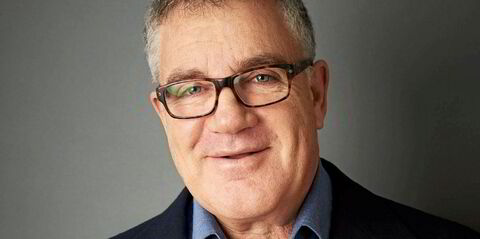Euroseas said it ordered two container ships in China as the New York-listed company reported earnings that beat all bets on Wall Street.
The Athens-based shipowner said it struck a deal with Jiangsu Yangzi Xinfu Shipbuilding for the newbuildings, which will be delivered in the fourth quarter of 2027.
Euroseas will pay the yard, part of Yangzijiang Shipbuilding, $60m for each of the 4,300-teu vessels, which it described as fuel efficient.
The funds will come from a mix of debt and equity.
Chief executive Aristides Pittas said the order strengthens the company’s position in the 4,000-teu segment.
“We remain diligent in identifying accretive investment opportunities and committed to generating returns to our shareholders,” he said in the announcement.
Euroseas revealed the order as it reported $27.6m in bottom-line net income for the third quarter, down from $32.2m in the same period of last year.
The boxship owner saw a smaller decline in adjusted net income, which slipped to $27.4m from $28.1m a year earlier.
But Wall Street was expecting a deeper decline.
Euroseas’ adjusted, diluted earnings per share of $3.92 beat even the highest estimate of three analysts polled by Yahoo Finance, not to mention the $3.55 average call.
Net revenue grew to $54.1m in the third quarter from $50.7m a year earlier, while operating expenses jumped to $23.5m from $17.4m.
The company ended the quarter with $77.3m in cash and $218m in debt.
The latest quarter brought nine-month net income to $88.4m, down from $89.8m in the same period of 2023.
Looking forward, Pittas pointed to positive signs for the current fourth quarter after chartering slowed down in the last three-month reporting period.
“In October and through mid-November 2024, the market has strengthened and charterers’ interest in concluding charters, many of them with forward fixings, increased,” he said.
Euroseas took advantage of those conditions by chartering two newbuildings for three years and two 23-year-old vessels for 14 to 18 months — all at “very profitable” rates.
While he acknowledged that the large orderbook hangs over the container ship business, his company is insulated.
“This orderbook is concentrated on larger vessels sizes,” he said.
“On the contrary, the orderbook for the feeder and intermediate segments, within which we operate, is very modest against a fleet age profile that includes a high percentage of vessels older than twenty years, thus resulting in expectations of minimal fleet growth or, even, fleet declines.
“Within a market that continues to be strong and has a significant charter backlog, we expect our earnings to continue to be strong and our cash reserves to continue increasing as indicated by our results for the third quarter of 2024.”





